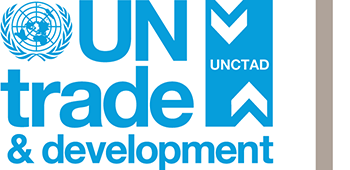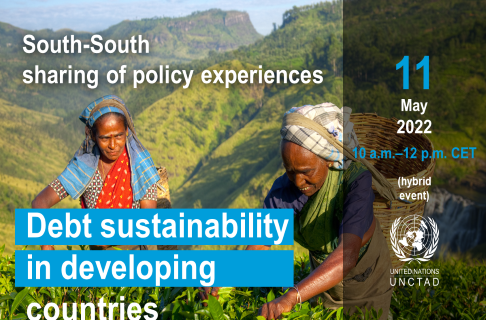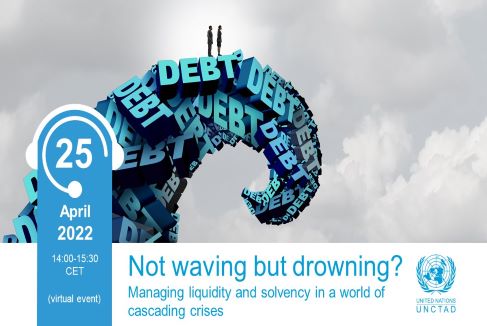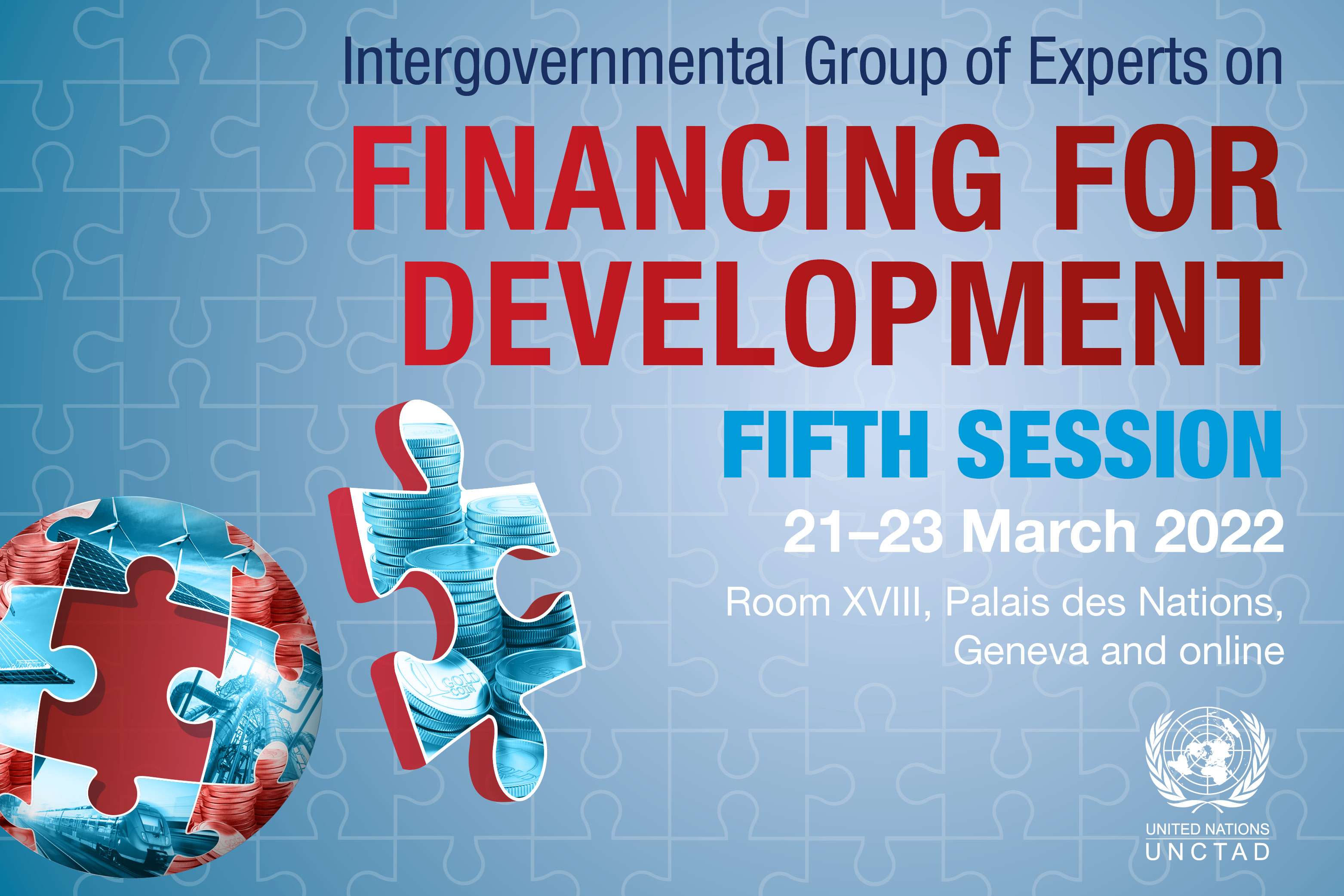Since the launch of the 2030 Agenda for Sustainable Development (2030 Agenda) in 2015, many developing countries have seen their external financial positions deteriorate, first gradually and recently at a greater speed due to compounding global shocks, including the uneven recovery from the Covid-19 pandemic, the rapidly worsening climate crisis, the armed conflict in Ukraine and the ongoing cost-of-living crisis.





